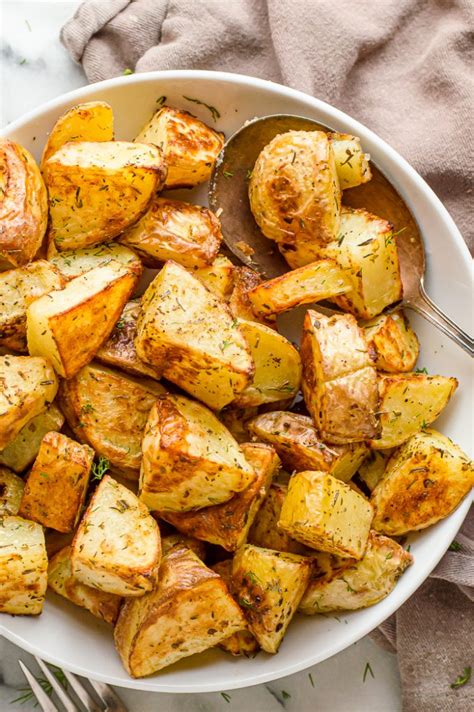How to Cook: A Beginner's Guide to Mastering the Kitchen
So, you want to learn how to cook? That's fantastic! Cooking is a rewarding skill that allows you to nourish yourself and others, explore different cultures, and unleash your creativity. This guide will provide you with the foundational knowledge and tips to confidently navigate the kitchen, regardless of your experience level.
Getting Started: Essential Kitchen Tools and Ingredients
Before diving into recipes, let's cover the basics. You don't need a professional chef's arsenal to get started. A few essential tools will make your cooking journey much smoother.
Essential Kitchen Tools:
- Chef's Knife: A good quality chef's knife is your most valuable tool. Learn basic knife skills (chopping, dicing, mincing) for efficient food preparation.
- Cutting Board: Choose a sturdy cutting board that's easy to clean.
- Mixing Bowls: A set of mixing bowls in various sizes is essential for prepping ingredients.
- Measuring Cups and Spoons: Accurate measurements are crucial for consistent results.
- Saucepan and Frying Pan: These are versatile cookware items for various cooking methods.
- Baking Sheet: Useful for roasting vegetables, baking cookies, and more.
Essential Pantry Staples:
Having these staples on hand will make cooking much easier:
- Oils: Olive oil, vegetable oil, and coconut oil are versatile options.
- Spices: Salt, pepper, garlic powder, onion powder, and paprika are excellent starting points.
- Other Staples: Sugar, flour, rice, pasta, canned beans, and tomatoes are great for building a base pantry.
Mastering Basic Cooking Techniques
Once you have your tools and staples, it's time to learn some fundamental cooking techniques.
How to Boil Water:
This seems simple, but getting it right is important. Bring water to a rolling boil in a pot over medium-high heat. Add your ingredients (pasta, vegetables) and cook according to package directions.
How to Sauté:
Sautéing involves cooking food in a small amount of oil over medium-high heat. It's a quick way to cook vegetables, meats, and other ingredients, creating a delicious sear.
How to Roast:
Roasting involves cooking food in the oven, typically at a higher temperature. This method results in tender, flavorful meats and crispy vegetables.
Simple Recipes for Beginners
Now for the fun part – cooking! Start with simple recipes to build confidence.
Easy Scrambled Eggs:
Whisk eggs with a splash of milk or cream, salt, and pepper. Cook in a lightly oiled pan over medium heat, stirring occasionally until set.
One-Pan Roasted Chicken and Vegetables:
Toss chicken pieces and chopped vegetables (potatoes, carrots, broccoli) with olive oil, salt, pepper, and your favorite herbs. Roast in a preheated oven until chicken is cooked through and vegetables are tender.
Tips for Success
- Read the recipe thoroughly before starting. This prevents surprises and ensures you have all the necessary ingredients and equipment.
- Mise en place: Prepare all your ingredients (chop vegetables, measure spices) before you begin cooking. This makes the cooking process much smoother.
- Don't be afraid to experiment! Cooking is a journey of discovery. Try different recipes, flavors, and techniques.
- Taste as you go. Adjust seasoning according to your preference.
- Have fun! Cooking should be an enjoyable experience.
Expanding Your Culinary Skills
Once you've mastered the basics, you can explore more advanced techniques and cuisines. Consider experimenting with different cooking methods like grilling, braising, and steaming. Explore different cuisines and discover new flavors. The possibilities are endless!
Learning to cook is a journey, not a race. Be patient with yourself, and enjoy the process of creating delicious meals. Happy cooking!
